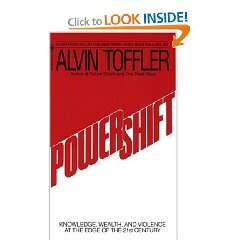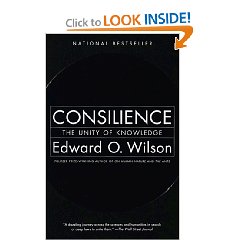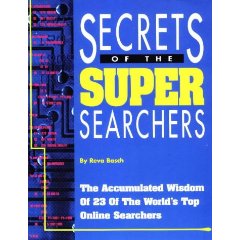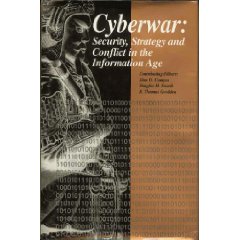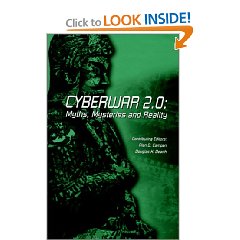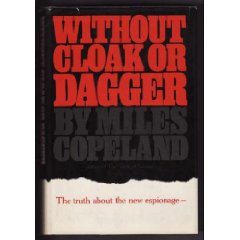Review: Consilience–The Unity of Knowledge
5 Star, Best Practices in Management, Change & Innovation, Complexity & Resilience, Consciousness & Social IQ, Education (Universities), Environment (Solutions), Future, Information Society, Intelligence (Collective & Quantum), Intelligence (Public), Intelligence (Wealth of Networks)Comment: This is still one of the best books for someone who wants to think deeply about knowledge. Below are links to some others I recommend.
Our answer to Levy, but an order of magnitude more practical and steeped in some of the best endnotes I've ever enjoyed. Consilience is the “jumping together” of knowledge across boundaries, and the greatest enterprise of the mind. He begins with an example, showing how biology, ethics, social science, and environmental policy must all come together to properly resolve a global environmental issue, but actually do not-the learned individuals are fragmented into four separate communities, and within those communities further fragmented into nationalities and cliques and jobs, and it is our greater loss for we cannot arrive at the best policy without being able to integrate the knowledge across all these boundaries. He emphasizes that the public must be educated and have access to this unified knowledge, not just the policymakers. He poses, and then answers across the book, this question: “What is the relation between science and the humanities, and how is it important to human welfare?” In my own mind, Edward O. Wilson has defined both national and global intelligence writ large, and done so in way that suggests the “virtual intelligence community” is a very practical and achievable vision.
The Future of Life
The Wealth of Networks: How Social Production Transforms Markets and Freedom
The Wealth of Knowledge: Intellectual Capital and the Twenty-first Century Organization
Revolutionary Wealth: How it will be created and how it will change our lives
Powershift: Knowledge, Wealth, and Power at the Edge of the 21st Century
Infinite Wealth: A New World of Collaboration and Abundance in the Knowledge Era
The Age of Missing Information
Forbidden Knowledge: From Prometheus to Pornography
Smart Mobs: The Next Social Revolution
Information Productivity: Assessing Information Management Costs of U. S. Corporations
Review: Secrets of the Super Searchers–The Accumulated Wisdom of 23 of the World?s Top Online Searchers
5 Star, Intelligence (Commercial)Review: Cyberwar–Security, Strategy, and Conflict in the Information Age
5 Star, Asymmetric, Cyber, Hacking, Odd War, Information Operations, Strategy, War & Face of BattleReview: Cyberwar 2.0–Myths, Mysteries & Reality
5 Star, Asymmetric, Cyber, Hacking, Odd War, Information OperationsReview: Strategic Intelligence & Statecraft–Selected Essays (Brassey’s Intelligence and National Security Library)
5 Star, Diplomacy, Intelligence (Government/Secret), Intelligence (Public)Review: Without Cloak or Dagger –The truth about the new espionage
5 Star, Intelligence (Government/Secret)To his credit, Copeland understood very early on that the spy world was missing out on what is known today as Open Source Intelligence (see my own book, “The New Craft of Intelligence” or view the 30,000 free pages at OSS.Net). The description on pages 41-42 (of the original hard-cover version) of how “Mother” concocted an entire network and got the head of Secret Intelligence to agree its production was worth $100,000 a year (big money in 1946), only to reveal that his source was actually five issues of The New York Times “demonstrated not only the naiveté of our nation's only existing group of espionage specialists but the value of ordinary New York Times reporting on matters regarded as being of high-priority intelligence interest.” Nothing has changed in 50 years. We still need our spies, but they need to be a bit more serious, a bit less white, a lot older, and much more focused. We lack–we need–men of the caliber of Dulles and Copeland today.

